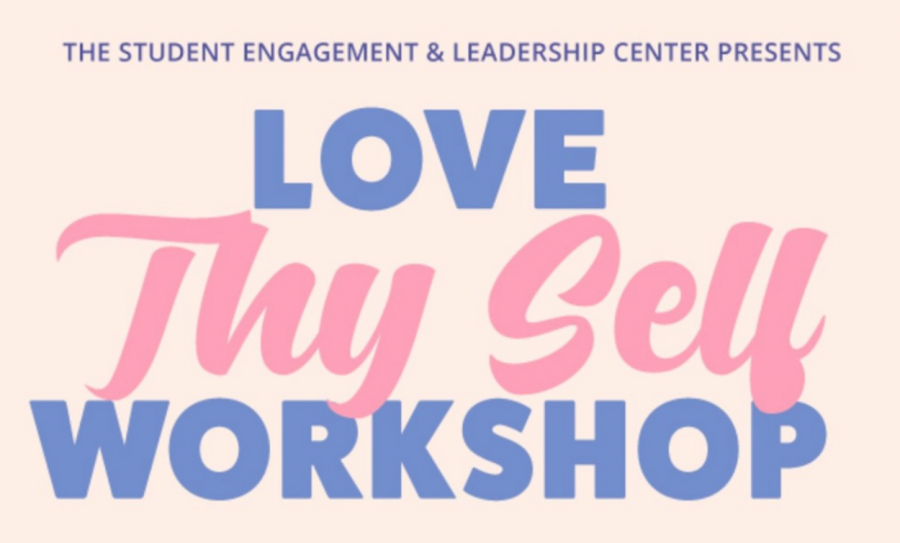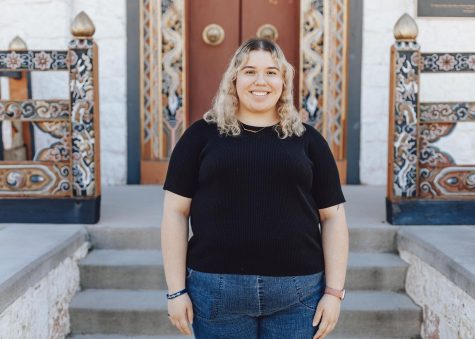UTEP’s Student Engagement & Leadership Center (SELC) raised awareness on body acceptance through different virtual events March 22–26.
“Love Thy Self” was one of the discussions hosted March 24, led by SELC’s leadership, inclusion, and advocacy coordinator, Daisy Marquez, to help attendees learn the power of positive affirmations.
During the event, Marquez asked attendees to write in the Zoom chat how many hours they spend on social media and which platform they use the most. Most attendees said they use two different social media platforms for about 4 hours every day.
One attendee explained they do not like to use social media because it makes them feel insecure.
According to research conducted in 2015 by the Pew Research Center, 21% of teens feel worse about themselves after using social media. The Renfrew Center Foundation found 70% of women and 50% of men between the age of 18 and 35, edit their images before posting them on social media.
“I’m not saying you should never use a filter again,” Marquez said. “But if you find yourself comparing your body, your skin to other individuals, you might be comparing it to a filter,” Marquez said.
When it comes to learning self-love, Marquez encourages students to think of it as “body acceptance” rather than “body positivity.” According to Marquez, the term “body acceptance” allows for a safe space for the days that are not as positive as others, as the journey is not always positive and that’s okay.
“Some individuals start using the words “Body Acceptance Movement,” because unlearning toxic ideas of beauty and toxic ways of learning self-worth is revolutionary,” Marquez said.
Marquez expressed the importance of not speaking negatively about one’s body, especially in areas where others may be listening, as it is a learned trait. People should be aware of their use of words in front of children and other adults, as negative connotations may cause insecurities in the future and one may never know if someone is experiencing an eating disorder.
“My rule of thumb again is to never comment on someone’s body,” Marquez said. “It’s none of my business in general, and I try to make sure that the language that I use for myself and those around me is inclusive.”
During the presentation attendees shared their own experience with self-love, including the struggle of stretch marks and how they began to embrace them as something beautiful rather than an imperfection.
“Thank you for giving us this comfortable space to be vulnerable,” attendee Marisol Jaquez said.
The workshop concluded with Marquez providing body acceptance mantras for individuals to say daily out loud such as “my body is phenomenal and the least interesting thing about me,” “other people’s beauty is not an absence of mine,” and “I look good, I feel good, I can wear what I please.”
Marquez recommended writing the mantras down in a journal. Once finished, a person can close the journal and put it in a safe place if at the time of writing they are not in place to say them out loud, and when they are ready, they can take out the journal and say them out loud.
Katrina Villarreal may be reached at [email protected].












